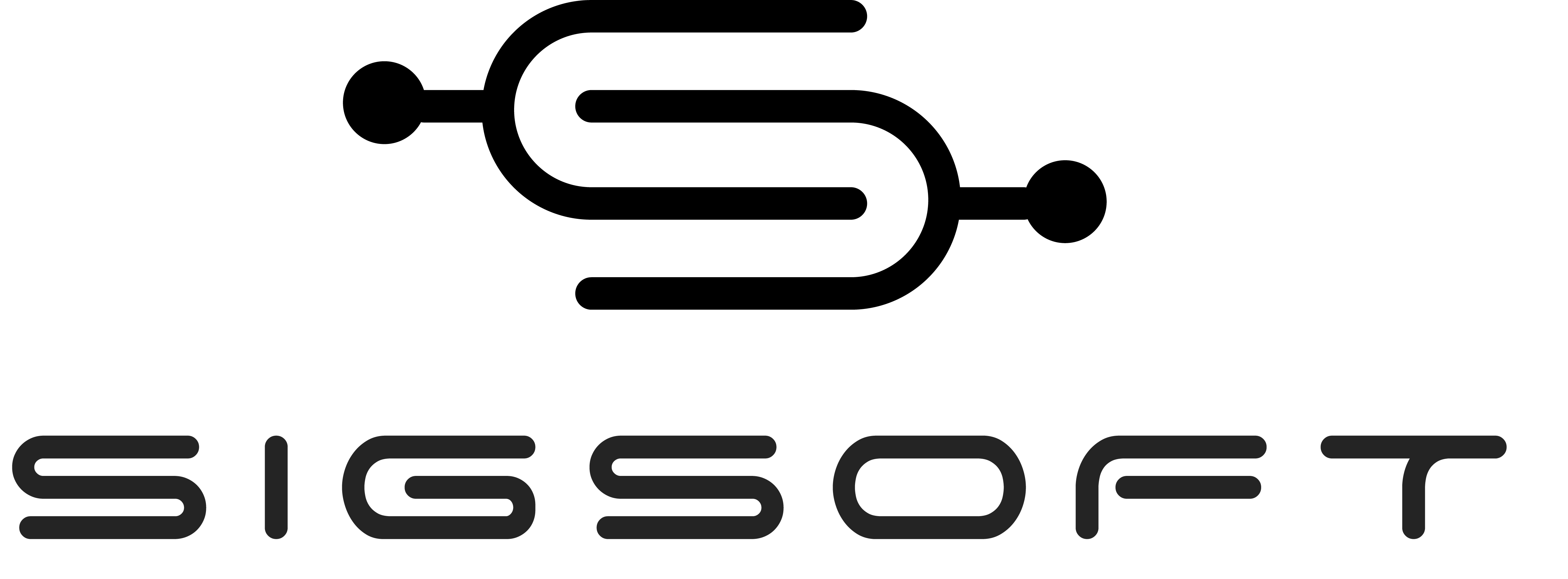Theme & Goals
The engineering of green software-intensive systems is critical in our drive towards a sustainable, smarter planet. The goal of green software engineering is to apply green principles to the design and operation of software-intensive systems. Green and self-greening software systems have tremendous potential to decrease energy consumption. Moreover, enterprise software can and should be re-thought to address sustainability issues using innovative business models, processes, and incentives. Monitoring and measuring the greenness of software is critical towards the notion of sustainable and green software. Demonstrating improvement is paramount for users to achieve and effect change. Analysis of the sustainability of a specific software system requires software that aids developers in weighing the four dimensions of sustainability – economic, social, environmental, and technical – with their attendant trade-offs. The software architecture community must assume leadership in this important challenge. In this workshop we will explore the theme of “architectural implications of green software” with a goal towards creating actionable outcomes that will affect how software architecture is practiced and taught in the future.
Topics of Interest
GREENS 2024 seeks contributions addressing, but not limited to, the following topics related to sustainable software and software for sustainability:
- Architectural implications (architectural tactics, architectural styles, design patterns and anti-patterns) for green and sustainable software
- Practices for sustainability-aware software architecture
- Metrics and measures for sustainability-aware software architecture
- Sustainability-aware architectures in context (e.g., cloud-edge continuum)
- Teaching and training of skills and competences in sustainability-aware software architecture
- Sustainable computing from a software architecture and software-intensive system perspective
- Applied, or experimented with, software engineering methodologies at all levels (from requirements elicitation to architecture design, coding, testing)
- Conceptual reflections related to software sustainability
- Progress on the various dimensions of software sustainability and their interplay
- Software adaptation for sustainability
- Tools to support sustainability-aware decision making
- Sustainability of emerging computing technologies (AI systems, edge devices)
- Green AI, lighter, less data-intensive and less energy-consuming AI models and architectures
Important Dates
- Abstract Submission (Optional): February 11, 2024
- Paper Submission: February 18, 2024
- Paper Notification: March 17, 2024
- Camera-Ready Workshop Paper due: March 31, 2024
- Workshop dates: June 5 2024
Accepted Papers
| Paper (A: Authors, T: Title) | Type |
|---|---|
| A: Eames Trinh, Markus Funke, Patricia Lago and Justus Bogner T: Sustainability Integration of Artificial Intelligence into the Software Development Life Cycle |
Emerging research papers |
| A: Apoorva Nalini Pradeep Kumar, Justus Bogner, Markus Funke and Patricia Lago T: Balancing Progress and Responsibility: A Synthesis of Sustainability Trade-Offs of AI-Based Systems |
Emerging research papers |
| A: Sagar Gupta and Aman Gupta T: Optimising the Carbon Footprint for Cloud Resources in a Cloud Environment |
Emerging research papers |
| A: Pouyeh Banijamali, Iffat Fatima, Patricia Lago and Ilja Heitlager T: Unveiling Key Performance Indicators for the Energy Efficiency of Cloud Data Storage |
Emerging research papers |
| A: Meghana Tedla, Shubham Kulkarni and Karthik Vaidhyanathan T: EcoMLS: A Self-Adaptation Approach for Architecting Green ML-Enabled Systems |
Emerging research papers |
| A: Saurabhsingh Rajput and Tushar Sharma T: Pursuit of Energy-efficient AI: Benchmarking Emerging Neural Network Quantization Methods |
Position papers |
| A: Thomas Zimmermann, Zai Müller-Zhang and Pablo Oliveira Antonino T: Ensuring green production with less CO2 emission with a digital twin based scheduling system |
Position papers |
| A: Daniele Di Pompeo and Michele Tucci T: Harnessing Genetic Improvement for Sustainable Software Architectures |
Extended abstracts |
| A: Priyavanshi Pathania, Rohit Mehra, Samarth Sikand, Vibhu Saujanya Sharma, Vikrant Kaulgud, Nikhil Bamby, Sanjay Podder and Adam P. Burden T: Towards a framework for carbon-aware virtual machine management |
Extended abstracts |
Submission Guidelines
Prospective participants are invited to submit three types of contributions:
- Emerging research papers (up to 8 pages): These should describe contributions offering novel research results, addressing challenging real-world problems with innovative ideas. Submissions should clearly describe the challenges and problems tackled, the relevant state of the art, the solution being offered, and the potential benefits of the contribution, from an academic or industrial perspective.
- Position papers (up to 5 pages): These should be contributions outlining forward-looking ideas or thought-provoking reflections that call for further discussion and research in the community. These should describe a specific position or opinion of the authors, or provide a well-reasoned and motivated vision.
- Extended abstracts (up to 2 pages): These abstracts should propose novel research topics for discussion in the community, addressing challenging problems from an academic or industrial perspective. The motivation for your topic should be grounded in the literature or in practical experience.
Organization Committee
Steering Committee:
- Patricia Lago, Vrije Universiteit Amsterdam
- Rick Kazman, University of Hawaii
Workshop Chairs:
- Silverio Martı́nez Fernández, Universitat Politècnica de Catalunya-BarcelonaTech
- Elisa Yumi Nakagawa, University of São Paulo
Web and Proceedings Chair:
- Vincenzo Stoico, Vrije Universiteit Amsterdam
Program Committee
- Vasilios Andrikopoulos (University of Groningen, Netherlands)
- Justus Bogner (Vrije Universiteit Amsterdam, Netherlands)
- Coral Calero (Universidad de Castilla-La Mancha, Spain)
- Shaiful Chowdhury (University of Manitoba, Canada)
- Nelly Condori-Fernandez (Universidad Santiago de Compostela, Spain)
- Luís Cruz (Delft University, The Netherlands)
- Joao Paulo Fernandes (University of Porto, Portugal)
- Letizia Jaccheri (NTNU, Norway)
- Maja H. Kirkeby (Roskilde University, Denmark)
- Marco Miozzo (Centre Tecnològic de Telecomunicacions de Catalunya, Spain)
- Henry Muccini (University of L’Aquila, Italy)
- Stefan Naumann (Trier University of Applied Sciences, Germany)
- Pooja Rani (University of Bern, Switzerland)
- Vibhu Saujanya Sharma (Accenture Technology Labs, India)
- Maria Spichkova (RMIT University, Australia)
- Karthik Vaidhyanathan (IIIT Hyderabad, India)
- Colin C. Venter (University of Hudderfield, United Kingdom)
- Roberto Verdecchia (University of Florence, Italy)


 Co-Located with:
Co-Located with: Date:
June 5
Date:
June 5
